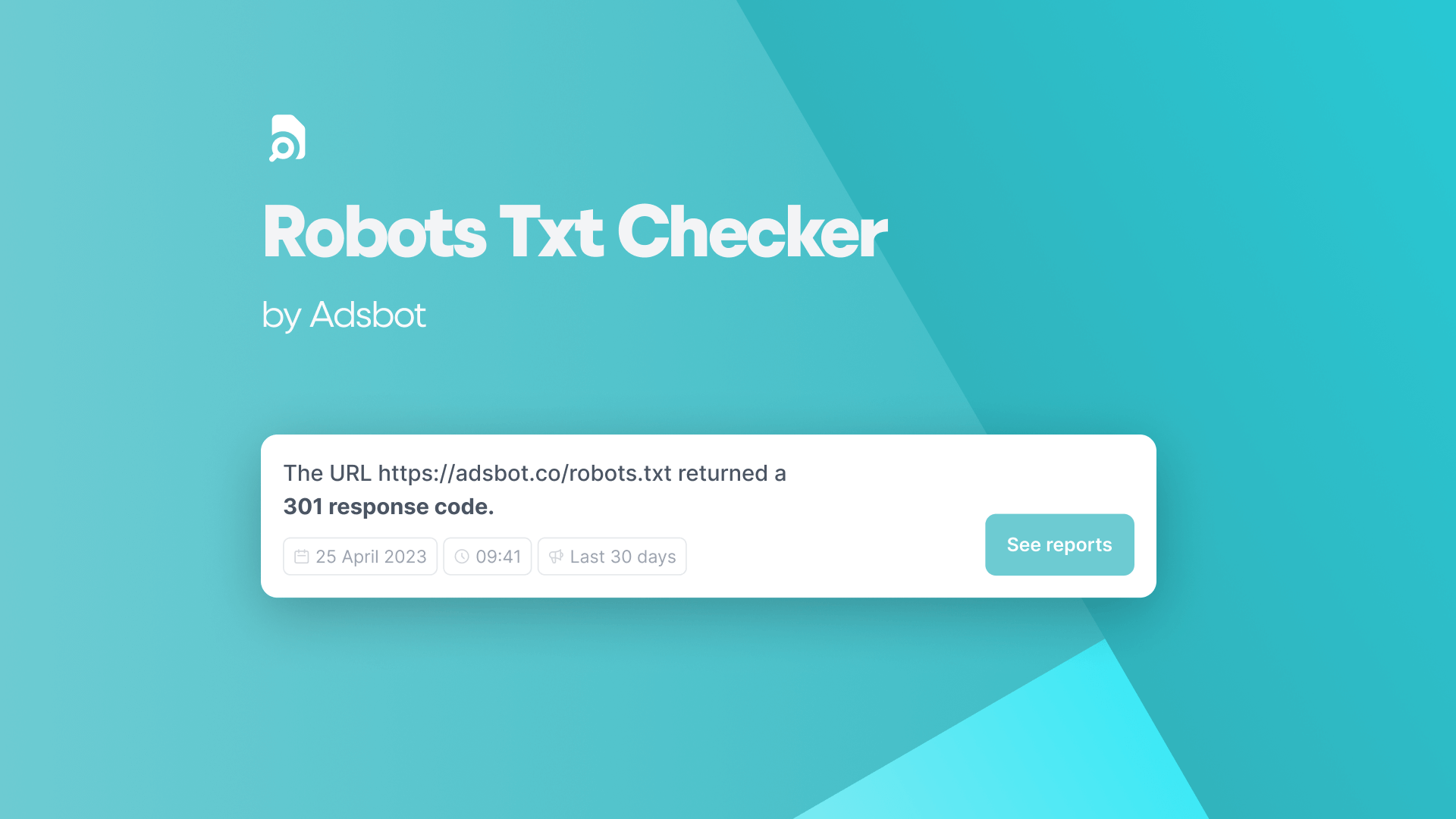An SEO audit checklist is an essential tool for any digital marketer or website owner looking to optimize their site for search engines. A comprehensive SEO audit can help identify areas for improvement, enhance site performance, and boost search engine rankings. In this article, we provide a detailed SEO checklist that covers various aspects of website optimization to ensure your site remains competitive and effective.
Why Conduct an SEO Audit?
Conducting an SEO audit is crucial for maintaining your website’s health and improving its performance. Regular audits help identify technical issues, improve content quality, enhance user experience, and ensure compliance with the latest SEO best practices. Without regular audits, websites can fall behind in the competitive landscape of search engine rankings, leading to decreased visibility and traffic.
Technical SEO Audit
A technical SEO audit focuses on the backend elements of your website that affect its ability to be crawled and indexed by search engines. The first step in this process is website speed optimization, which involves checking your site’s speed. Slow loading times can significantly impact user experience and search engine rankings. Utilize tools like Google PageSpeed Insights to measure your website’s loading speed. Identify elements slowing down your site and optimize them by compressing images, leveraging browser caching, and minimizing JavaScript.
Ensuring your site loads quickly will enhance user experience and improve your SEO performance
Another critical aspect of a technical SEO audit checklist essential is mobile-friendliness. With the increasing number of users accessing the internet via mobile devices, it’s essential that your site is optimized for mobile users. Use Google’s Mobile-Friendly Test tool to ensure your site is mobile-friendly. Implementing a responsive design, ensuring easy navigation, and optimizing touch elements are vital steps in making your site accessible and user-friendly on all devices.
Crawlability and indexability are also fundamental components of a technical SEO audit. Use tools like Google Search Console to check if search engines can crawl and index your site. Ensure your robots.txt file is correctly configured to allow search engine bots to crawl important pages. Creating and submitting an XML sitemap to Google Search Console helps search engines understand your site’s structure and index your pages more effectively.
On-Page SEO Audit
An on-page checklist SEO audit involves optimizing individual pages to rank higher and earn more relevant traffic in search engines. Start by examining your title tags and meta descriptions. Each page should have a unique, descriptive title tag within 60 characters. Meta descriptions should be compelling, relevant, and within 160 characters. These elements are crucial for attracting clicks from search engine results pages. Utilizing SEO reporting dashboards can streamline this process by providing insights into keyword performance and page optimization effectiveness.
Header tags play a significant role in structuring your content and improving readability. Use header tags (H1, H2, H3) to organize your content logically. Ensure each page has one H1 tag that accurately describes the page content. This helps search engines understand the hierarchy of your content and enhances user experience.
Content quality is another vital aspect of an on-page SEO audit. Ensure your content is original, valuable, and relevant to your target audience. Use keywords naturally within the content, maintaining a keyword density of 1-2%. Avoid keyword stuffing, as it can negatively impact readability and SEO. Check for duplicate content using tools to ensure all your content is unique.
Image optimization is also essential for on-page SEO. Use descriptive file names and alt tags for images to help search engines understand the content of your images. Compress images to reduce file size without compromising quality, which can improve your site’s loading speed and overall performance. Checking your page speed regularly with a page speed checker ensures that your optimized images contribute to a fast and user-friendly website experience
Off-Page SEO Audit
Off-page SEO involves activities outside of your website that impact your rankings within search engine results pages. A critical component of an off-page SEO audit is analyzing your backlink profile. Use tools l to assess the quality and quantity of backlinks pointing to your site. Identify and disavow toxic backlinks that could harm your site’s reputation and rankings. Aim to build high-quality, relevant backlinks from authoritative sites to improve your site’s authority and search engine rankings.
Social signals also play a role in off-page SEO. Check the level of engagement on your social media platforms. High engagement levels can increase your site’s visibility and drive traffic. Encourage social sharing to boost your site’s presence on social media and attract more visitors.
User Experience (UX) Audit
User experience is a critical factor in SEO. A well-designed website that provides a positive user experience can significantly improve your SEO performance. Start by evaluating your site’s navigation. Ensure it has a clear, intuitive navigation structure that makes it easy for users to find the information they need. Use breadcrumbs to help users understand their location on the site and improve overall usability.
Mobile usability is another essential aspect of a UX audit. Ensure buttons and links are easily clickable on mobile devices, and the text is readable without zooming. A mobile-friendly site not only enhances user experience but also improves your search engine rankings.
Accessibility is also crucial for providing a positive user experience. Ensure your site is accessible to users with disabilities. Implement ARIA (Accessible Rich Internet Applications) attributes where necessary to enhance accessibility and comply with web accessibility standards.
Monthly SEO Checklist
Performing regular audits is crucial for maintaining your website’s health. A monthly SEO checklist can help you stay on top of your SEO efforts and ensure continuous improvement. Start by reviewing your site performance. Check site speed and resolve any issues that could affect loading times. Monitor server uptime and response time to ensure your site remains accessible and performs well.
Analyze your traffic and rankings using Google Analytics and Google Search Console. Track your keyword rankings and identify any drops in traffic or rankings. Address any issues promptly to maintain your site’s performance and visibility.
Regularly update your content to keep it fresh and relevant. Refresh outdated content with new information and insights. Ensure all content remains accurate and provides value to your audience. This not only improves user experience but also signals to search engines that your site is up-to-date.
Monitor your backlink profile regularly. Check for new backlinks and ensure they are from reputable sources. Disavow any harmful or low-quality backlinks that could negatively impact your site’s rankings. Building and maintaining a healthy backlink profile is crucial for off-page SEO. Implement a robust keyword strategy by conducting regular keyword research. Identify new opportunities and update existing content or create new content targeting these keywords. Staying on top of keyword trends can help you attract more traffic and stay ahead of the competition.
A thorough SEO audit checklist excel is essential for identifying and resolving issues that could hinder your website’s performance. By following this comprehensive SEO site audit checklist, you can enhance your site’s technical health, improve on-page and off-page SEO, and ensure a positive user experience. Regular audits and updates are key to maintaining a healthy, high-performing website that ranks well in search engine results. Use this checklist to guide your SEO efforts and achieve better visibility and traffic for your site.
Popular Posts
-
Robots.txt-controleur
Als je een website beheert, heb je waarschijnlijk wel eens…
Read more -
CPA targeten vs conversies maximaliseren
Om maximale triomf te behalen met Google Ads, is het…
Read more -
Wat is advertentieranglijst?
Ad Rank is een metriek die door Google Ads wordt…
Read more -
Wat is bieden op merken in Google Ads?
Bent u een adverteerder die het meeste uit uw Google…
Read more
Register for our Free 14-day Trial now!
No credit card required, cancel anytime.


